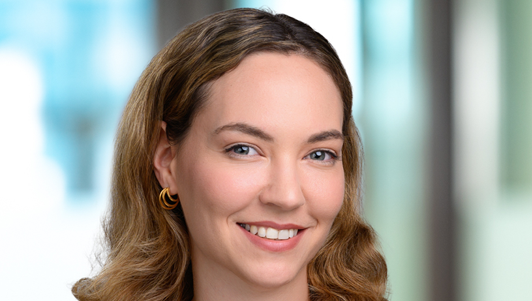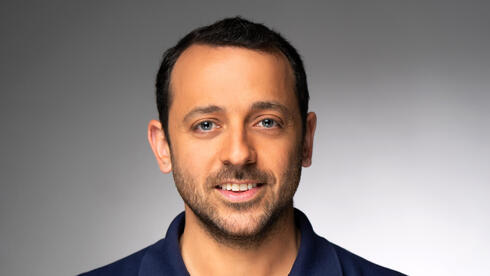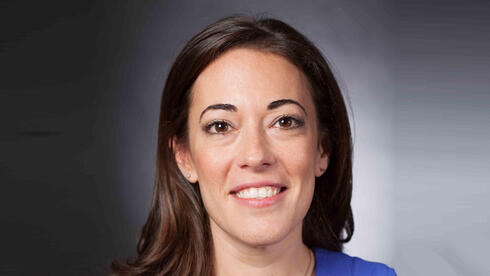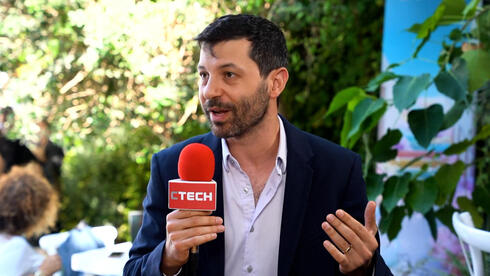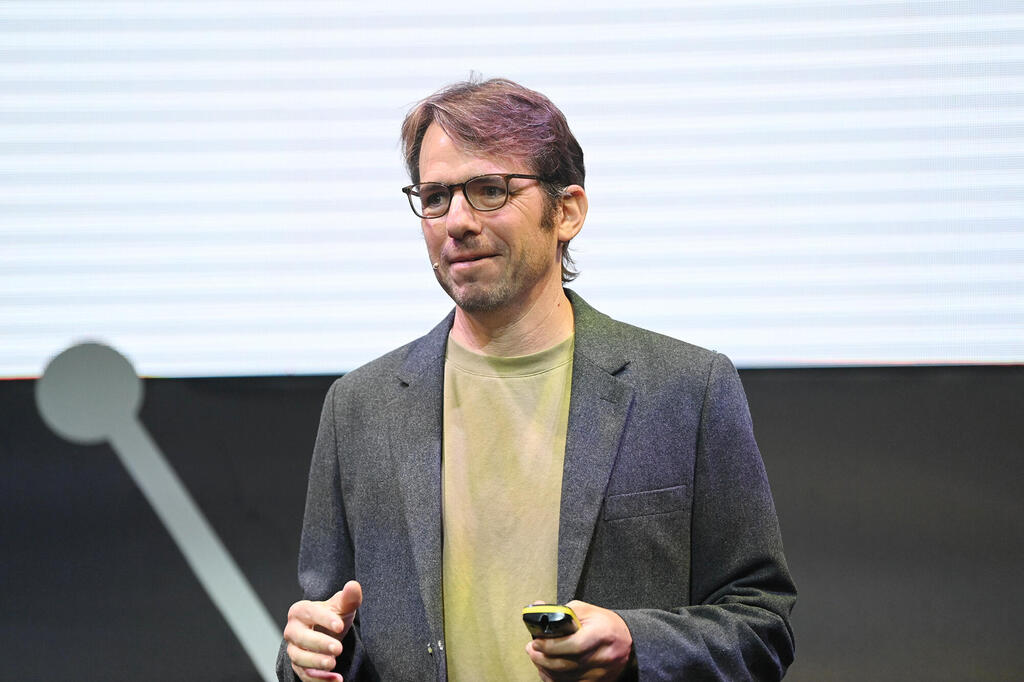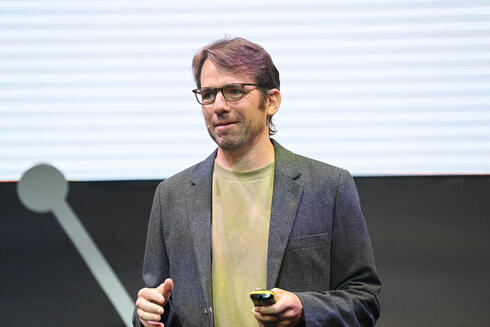
AI Conference
“Curators, not creators”: Omri Marcus on how AI redefines artistic work
The measure of success, he says, will be collaboration with computers, not pure imagination.
Can artificial intelligence make you laugh? Omri Marcus, a content strategist, creative director, and developer specializing in AI, insists that it can, and not just that. It can entertain, invent betrayals, and reshape the future of storytelling.
Speaking at Calcalist’s AI conference in collaboration with Vultr, Marcus showcased examples from across news, entertainment, reality TV, and sports where artificial intelligence is already generating content.
According to him, the role of traditional creators will shift: they will no longer be judged solely on originality, but on their ability to interact with AI tools. “Writers will become curators,” Marcus said. “They will be tested on how good they are at working with a computer, just as a graphic designer today is measured by their skill in Photoshop, not with a utility knife.”
Marcus drew from his own experiences in television to illustrate the change. “I’m a TV guy, I love TV, I’m on TV sets,” he said. “A few months ago I had a dream come true, I was on the set of Saturday Night Live for a whole day. I asked one of the writers how much AI was used in the show. He referred me to a cue card writer, whose job is to tell people when to laugh and clap.”
For Marcus, the real decision-makers are executives who read budget reports. “If you are a manager today, you will measure how quickly AI has been implemented in your company,” he argued.
Marcus painted a vivid picture of an entertainment industry transformed by AI. In news, he pointed to a Kuwaiti broadcaster already using a fully AI-generated anchor who delivers texts that look and sound real. In the United States, a small channel that covers federal trials, where cameras are banned, uses AI to recreate court proceedings in under an hour, based only on affidavits.
AI’s influence, he added, extends into reality television. On Netflix, a Latin American series challenges couples to distinguish between deepfake clips and reality. In Denmark, the program AI Love You uses artificial intelligence to help spouses of terminally ill people create avatars of their loved ones by feeding the system letters, videos, and personal memories. “It’s crazy, but it’s real,” Marcus said. “AI even allows us to beat death.”
Sports broadcasting, too, has been reshaped. Marcus cited the case of Jim Fagan, a legendary basketball announcer who died in 2017. His voice, resurrected through AI, continues to be heard in NBA broadcasts, with royalties paid to his family.
Even literature is being revived. “Everyone knows Agatha Christie,” Marcus noted. “She died 49 years ago. The BBC took her interviews and created a course that teaches people how to write thrillers, with her face guiding the lessons. It’s been downloaded massively.”
Marcus concluded: “The bottom line is that we are in the biggest change ever in the entertainment world. It’s bigger than the introduction of color TV, and bigger than popcorn.”




